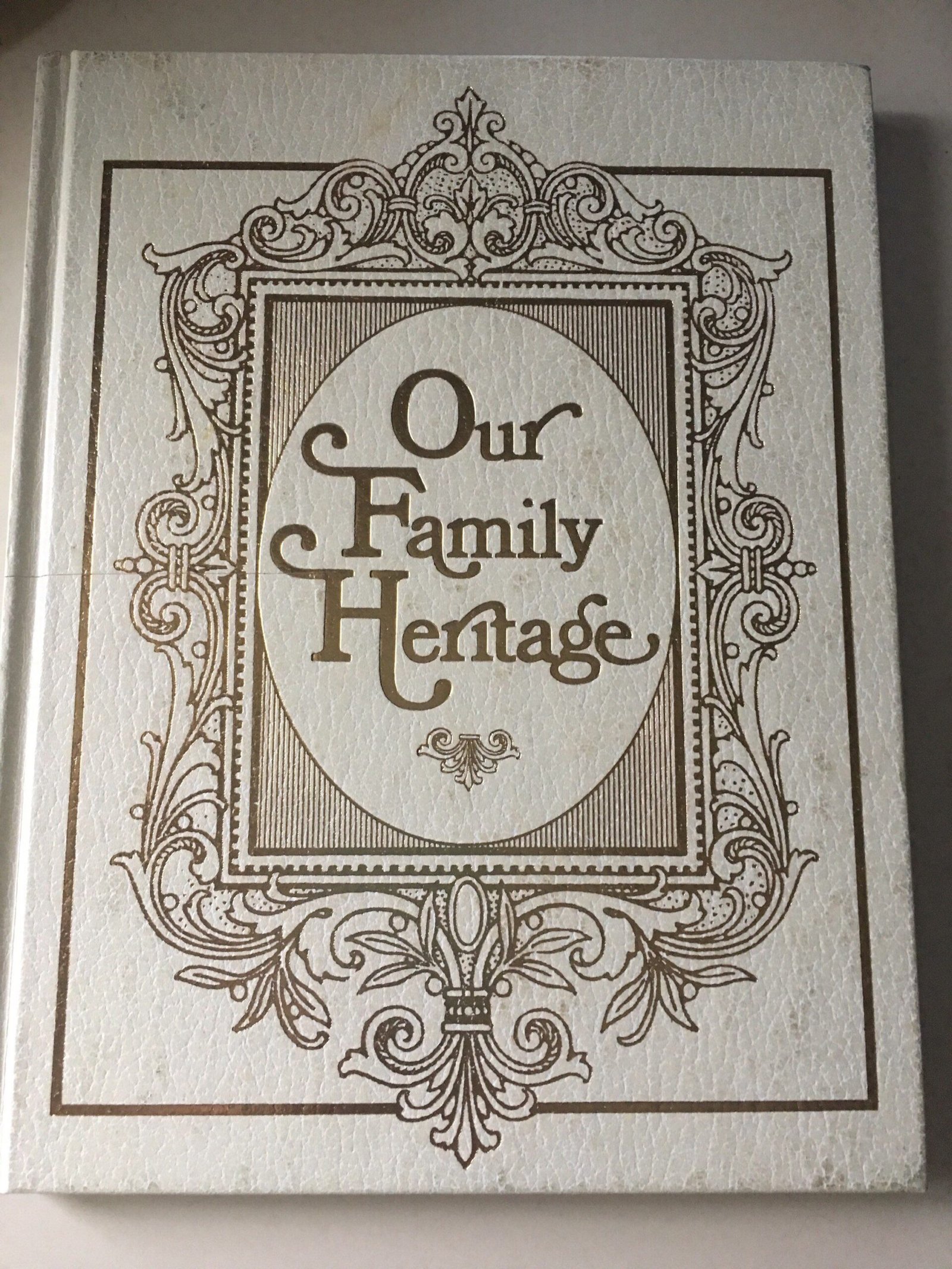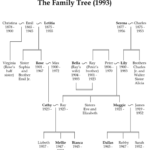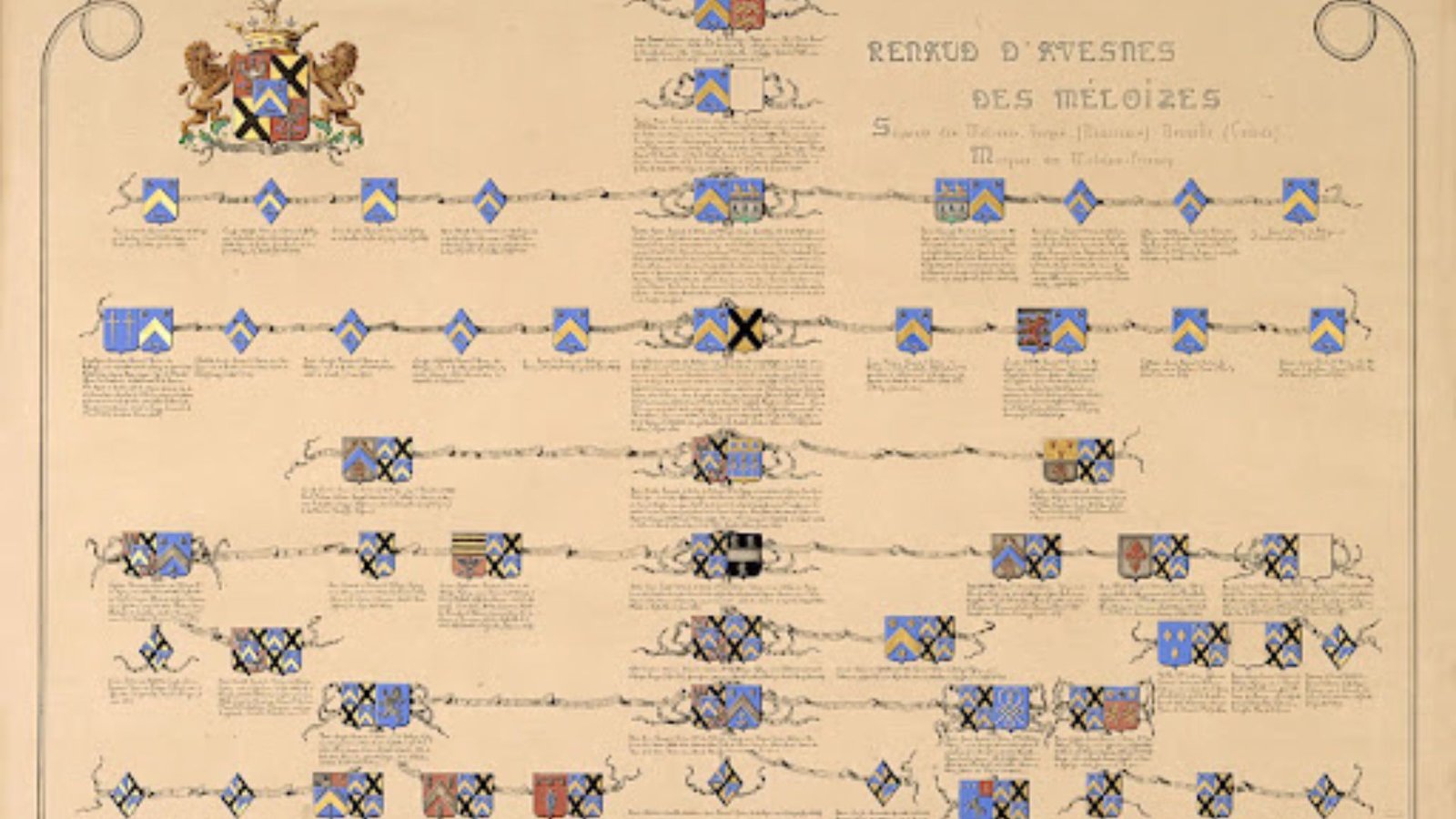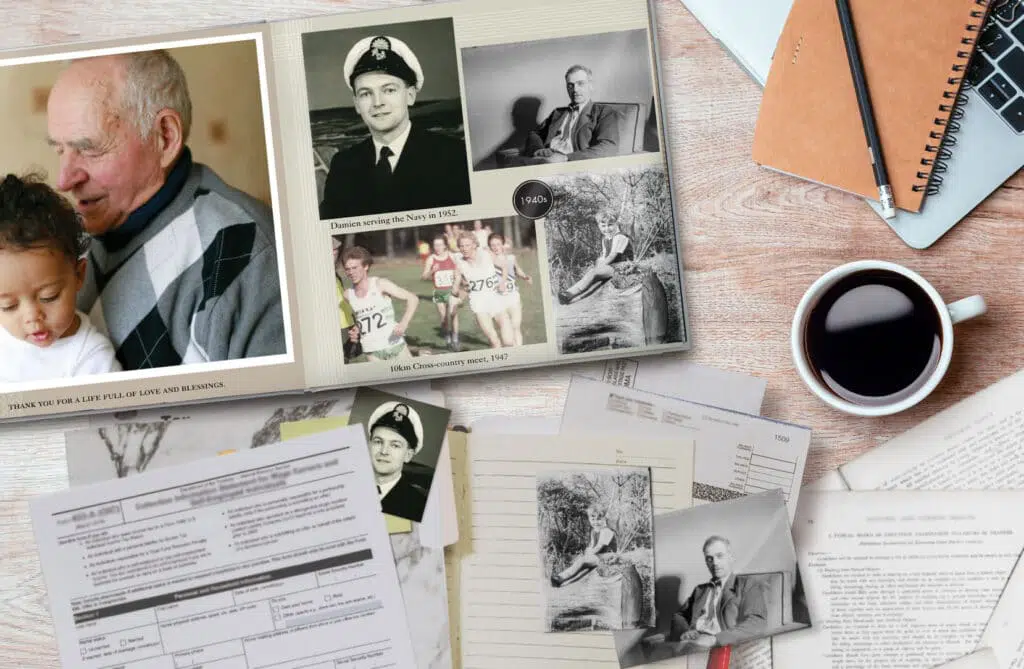Genealogy books are invaluable resources for exploring and preserving cultural heritage. These books not only document family histories but also serve as windows into the broader social, cultural, and historical contexts in which ancestors lived. By compiling genealogical information, personal stories, and historical events, genealogy books provide an in-depth look at how a family’s heritage shapes its identity across generations.
Connecting the Past to the Present
Genealogy books allow families to trace their roots and uncover the stories that define their cultural heritage. These books often explore the origin of family names, ancestral traditions, and the customs that shaped a particular community. Through this, individuals can form a deeper connection with their cultural identity and gain a sense of belonging.
By documenting personal accounts, genealogy books also reveal how culture has evolved over time, showcasing how families adapted to changing circumstances while preserving key elements of their traditions. This continuity helps future generations understand and appreciate the values passed down.
Highlighting Cultural Traditions and Customs
One of the most significant aspects of a genealogy book is its ability to preserve cultural customs, traditions, and family practices. These could include:
- Food Traditions: Recipes passed down through generations often play an important role in cultural heritage, connecting families to their ethnic origins.
- Religious Practices: Many genealogy books highlight the role of religion in family life, whether it’s the observance of specific holidays, rites of passage, or cultural celebrations.
- Language: Family trees and stories may provide insight into the language(s) spoken by ancestors and the linguistic heritage they preserved.
By including these aspects in a genealogy book, the family’s cultural history remains preserved, helping to keep traditions alive for future generations.
Documenting Migration and Cultural Exchange
Genealogy books often reveal patterns of migration, which are critical for understanding cultural exchange and adaptation. Whether ancestors moved due to economic opportunities, political unrest, or forced migration, their journey is often a powerful testament to resilience and transformation. These stories provide valuable insight into how cultures intermixed and evolved across geographical boundaries.
A family’s migration story can also highlight the influence of new cultures, languages, and customs on subsequent generations. For example, an ancestor’s immigration from Ireland to America might bring forth a blend of Irish customs with the local American culture, influencing everything from food to language, and even religion.
Preserving Family Narratives for Future Generations
Genealogy books preserve not only factual data but also the stories that are central to family identity. These narratives offer a glimpse into the lives of ordinary people who, through their experiences, contributed to the development of cultural traditions. Personal stories, challenges faced by ancestors, and their resilience in the face of adversity give descendants an understanding of their roots that transcends mere data points on a family tree.
The process of gathering stories for a genealogy book can also serve as a bonding experience for families, as older generations share memories that might otherwise be lost. This allows descendants to engage with their cultural heritage on a more personal level.

Fostering Pride in One’s Cultural Identity
Genealogy books help foster pride in one’s cultural heritage by showing how familial and cultural histories intertwine. For individuals from minority or immigrant communities, learning about the struggles, successes, and traditions of their ancestors can boost their sense of pride and self-worth. It encourages a deeper appreciation of one’s culture and heritage, which can help counteract challenges of assimilation or marginalization.
In this sense, genealogy books become more than just personal history—they are tools for promoting cultural pride, understanding, and unity across generations. By offering a way to reconnect with heritage, they help strengthen ties to cultural values and traditions.
Conclusion
Genealogy books play a crucial role in exploring cultural heritage by preserving family histories, traditions, and customs. They offer an in-depth understanding of cultural evolution, migration, and adaptation, helping individuals develop a deeper connection with their ancestors. In doing so, these books ensure that cultural heritage is not only remembered but also celebrated, passed down, and preserved for future generations.











